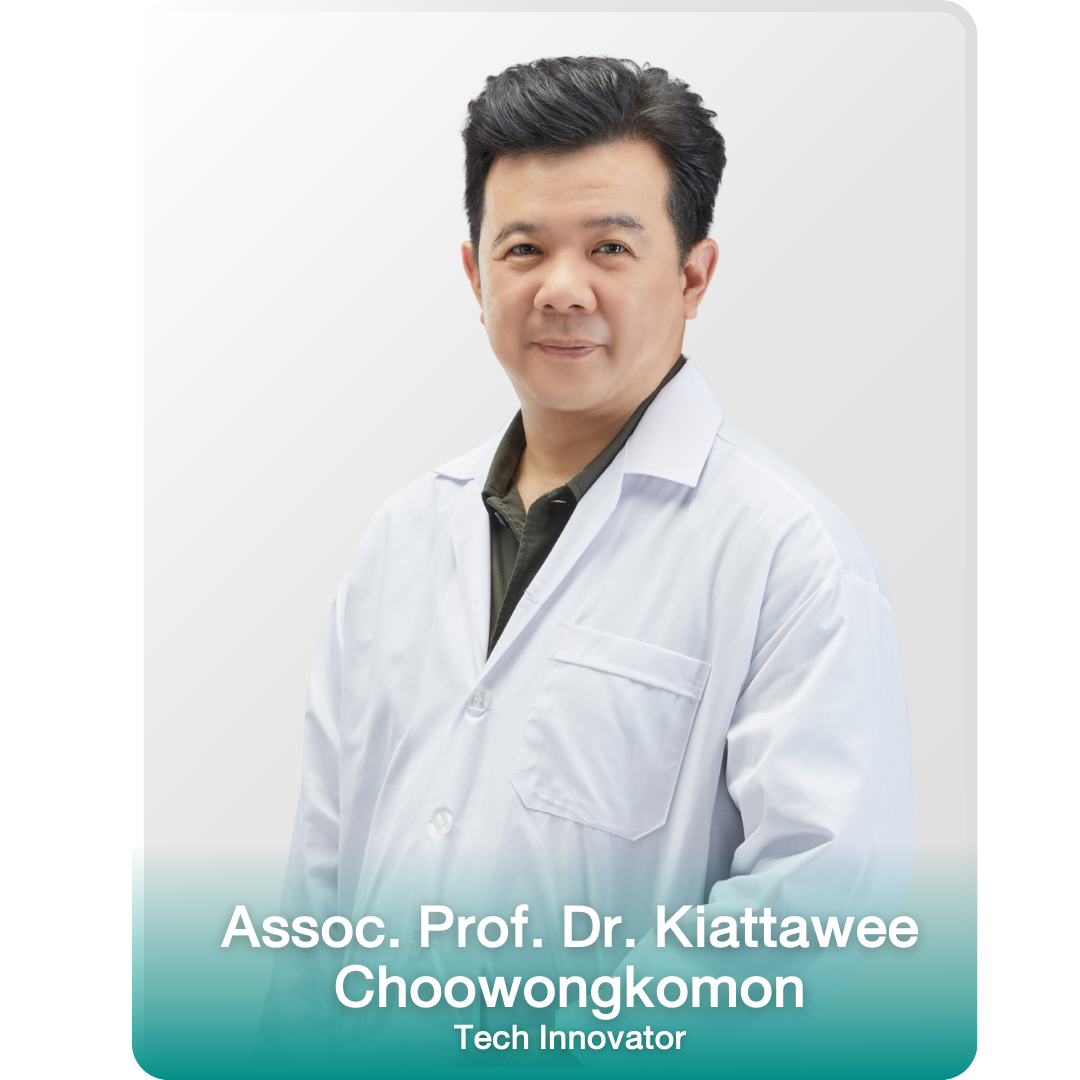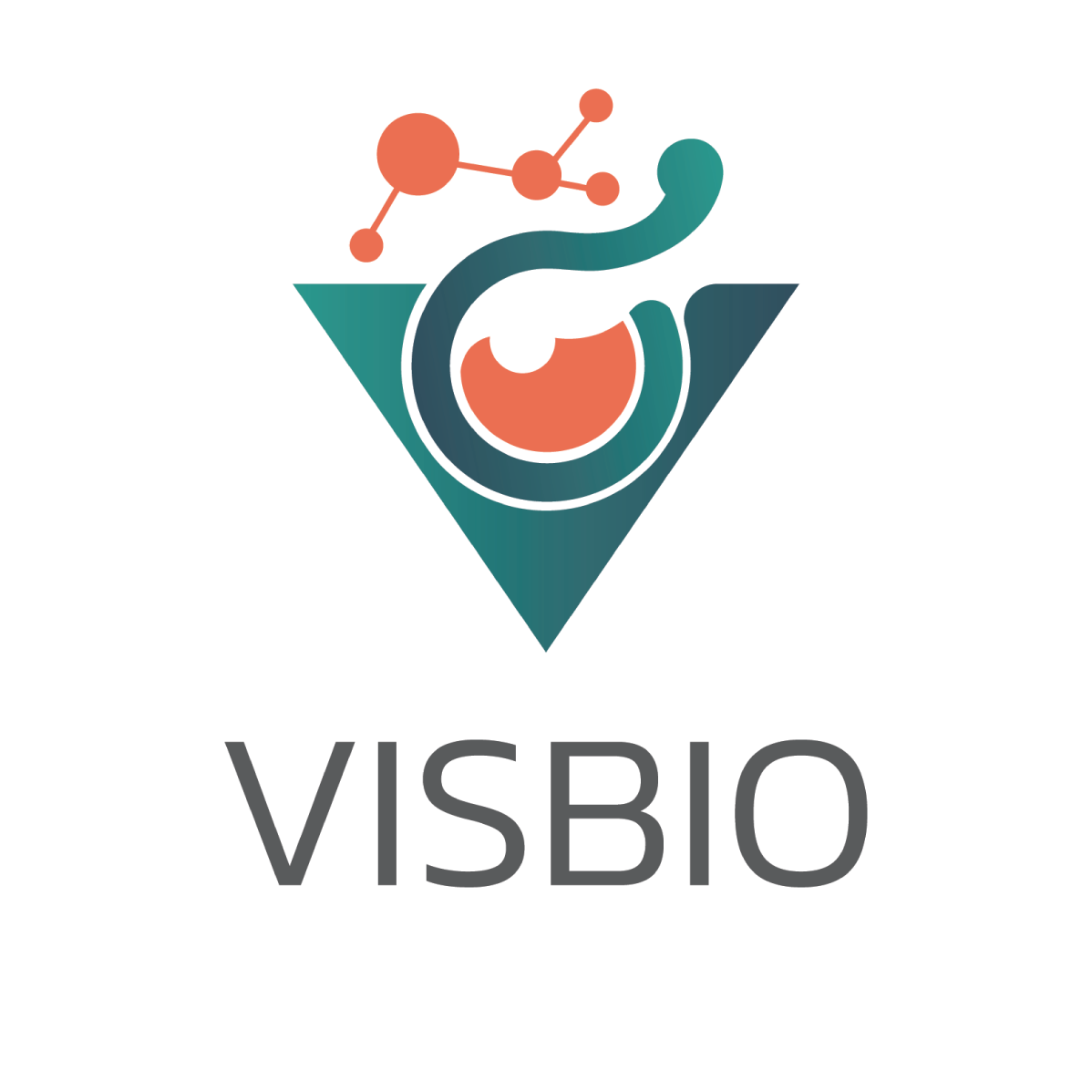Cholangiocarcinoma (CCA), a malignant cancer of the bile ducts, remains a significant challenge in oncology due to its aggressive nature and resistance to conventional therapies. The need for innovative treatments has led researchers to explore natural compounds for their potential to inhibit cancer progression. Among these, sulfated galactans (SG), extracted from marine sources like red algae, have shown promise due to their bioactive properties. Sulfated galactans are complex carbohydrates known for their antiviral, anti-inflammatory, and now, anti-cancer activities.
In a recent study titled “Probing the Anti-Cancer Potency of Sulfated Galactans on Cholangiocarcinoma Cells Using Synchrotron FTIR Microspectroscopy, Molecular Docking, and In Vitro Studies,” researchers, including Associate Professor Dr. Kiattawee Choowongkomon, investigated the potential of SG from Gracilaria fisheri to inhibit the growth and migration of cholangiocarcinoma cells. By using Synchrotron FTIR microspectroscopy and molecular docking, the study revealed that SG targets the EGFR/ERK signaling pathway, inhibiting cancer cell proliferation and migration. These findings highlight the potential of SG as a novel natural anti-cancer treatment for cholangiocarcinoma.
Natural Anti-Cancer Agents: The Role of Sulfated Galactans
Sulfated galactans (SG) are complex polysaccharides derived from marine algae, particularly from species like Gracilaria fisheri. These natural compounds have long been recognized for their antiviral and anti-inflammatory properties, but recent studies have expanded their use into oncology due to their ability to interfere with cancer-related signaling pathways.

In this study, researchers explored the effects of SG on cholangiocarcinoma cells. CCA is a particularly deadly form of cancer, with limited treatment options and a poor prognosis. Targeting key pathways that drive cancer cell proliferation and survival is critical for developing more effective therapies. SG was found to significantly inhibit cancer cell migration, adhesion, and proliferation by targeting the epidermal growth factor receptor (EGFR), a key player in cancer progression.

Mechanism of Action: Inhibiting the EGFR/ERK Signaling Pathway
EGFR (epidermal growth factor receptor) is a transmembrane protein that is often overexpressed in many types of cancer, including cholangiocarcinoma. It plays a critical role in promoting cell growth, migration, and survival by activating the ERK (extracellular signal-regulated kinase) pathway, which drives cancer cell proliferation. One of the hallmarks of many cancers, including CCA, is the overactivation of EGFR, leading to uncontrolled cell division and the ability of cancer cells to metastasize.
In this study, molecular docking was used to explore how sulfated galactans interact with the EGFR dimerization process, a key step in activating the receptor. The results showed that SG effectively binds to the active site of EGFR, preventing its dimerization and subsequent activation. This inhibition leads to a reduction in the downstream signaling cascade, particularly in the ERK pathway, which is responsible for cancer cell proliferation and survival. By blocking this pathway, SG reduces the metastatic potential of cancer cells and inhibits their ability to spread.
Moreover, the use of Synchrotron FTIR microspectroscopy allowed researchers to study the biochemical changes in cancer cells treated with SG. This advanced technique provided insights into the molecular interactions and metabolic shifts occurring within the cells, confirming the disruption of cancer-associated pathways and highlighting SG’s potential as a natural anti-cancer treatment.
Anti-Cancer Effects of Sulfated Galactans on Cholangiocarcinoma
The study’s in vitro experiments demonstrated that sulfated galactans significantly reduced the migration, invasion, and proliferation of cholangiocarcinoma cells. The ability to block cancer cell migration is particularly important, as metastasis is a leading cause of cancer-related mortality. SG’s ability to inhibit cell adhesion and motility by interfering with the EGFR/ERK signaling pathway positions it as a promising therapeutic agent in preventing the spread of cancer.

By reducing cellular proliferation and increasing apoptosis (programmed cell death), SG also effectively halts the growth of cholangiocarcinoma cells. This dual mechanism of action—blocking both cell survival signals and cell migration pathways—makes SG an attractive candidate for further development in cancer therapeutics.
Natural Anti-Cancer Treatment: Harnessing the Power of Marine Algae
The discovery that sulfated galactans from Gracilaria fisheri can inhibit the progression of cholangiocarcinoma provides new hope for the development of natural anti-cancer treatments. Marine algae are a rich source of bioactive compounds with significant therapeutic potential, and SG is one of the key polysaccharides with emerging applications in oncology. The ability to target cancer cell signaling pathways, like EGFR, without the severe side effects often associated with chemotherapy or synthetic drugs makes SG a compelling option for future cancer therapies.

Marine-derived polysaccharides, such as SG, represent a novel class of natural cancer therapeutics that could provide safer and more effective treatments. Their ability to interfere with cancer cell communication and growth processes positions them as valuable tools in combating aggressive cancers like cholangiocarcinoma. Moreover, the use of molecular docking and Synchrotron FTIR analysis provides robust evidence of SG’s efficacy, laying the foundation for the future development of marine-based cancer treatments.
What Does This Natural Anti-Cancer Treatment Mean for Your Business?
For companies in the pharmaceutical, biotechnology, and nutraceutical sectors, the discovery of sulfated galactans from Gracilaria fisheri offers an exciting business opportunity. As the demand for natural, marine-derived therapeutics continues to grow, investing in the development of SG-based anti-cancer treatments can give your business a competitive edge in the rapidly expanding market for natural cancer therapies.
The global market for oncology drugs is expected to reach unprecedented levels, and novel therapies targeting specific cancer signaling pathways, such as EGFR/ERK, are in high demand. By collaborating with research institutions like Dr. Kiattawee’s team, companies can gain early access to intellectual property and accelerate the development of natural anti-cancer agents that target aggressive cancers like cholangiocarcinoma. The marine origin of these compounds adds to their appeal, as consumers and healthcare providers are increasingly looking for sustainable, nature-based alternatives to conventional cancer treatments.
In addition, sulfated galactans offer opportunities in the nutraceutical industry, where the trend towards marine-derived supplements for cancer prevention and immune support is gaining traction. Companies that invest in the development of marine polysaccharides as part of their product portfolio stand to benefit from this growing demand for natural, plant-based treatments with fewer side effects.
The Future of Natural Anti-Cancer Therapies
The potential of sulfated galactans as a natural anti-cancer treatment for cholangiocarcinoma represents a significant breakthrough in oncology research. As more studies explore the role of marine-derived compounds in inhibiting cancer progression, the potential for polysaccharides like SG to serve as effective, natural cancer therapies is becoming clearer.
By targeting specific pathways like EGFR/ERK, which are critical in cancer growth and metastasis, marine polysaccharides offer a promising alternative to traditional therapies, which often come with high toxicity and adverse side effects. As research continues, the development of sulfated galactan-based therapies could revolutionize the treatment of cholangiocarcinoma and other aggressive cancers, offering a more targeted, natural approach to combating cancer.
Partner with Us for Cutting-Edge Natural Cancer Therapies
We invite companies in the pharmaceutical and biotech sectors to collaborate with us in developing sulfated galactans into commercially viable cancer treatments. Contact us for a free consultation to explore how your business can leverage this innovative research to develop new therapies that target cholangiocarcinoma and other cancers.

About the Author:
Associate Professor Dr. Kiattawee Choowongkomon is a leading expert in natural product drug discovery, with over 200 scientific publications. His research focuses on the development of novel anti-cancer compounds, particularly those derived from marine and plant-based sources. Dr. Kiattawee has a proven track record of translating cutting-edge research into commercially viable therapies.
About the Research:
This study, titled “Probing the Anti-Cancer Potency of Sulfated Galactans on Cholangiocarcinoma Cells Using Synchrotron FTIR Microspectroscopy, Molecular Docking, and In Vitro Studies,” was published in Marine Drugs and is available via DOI: 10.3390/md15010016. The research investigates the anti-cancer potential of sulfated galactans, specifically focusing on their ability to inhibit the EGFR/ERK signaling pathway in cholangiocarcinoma cells.


